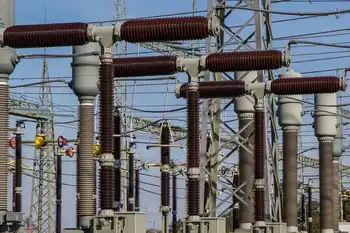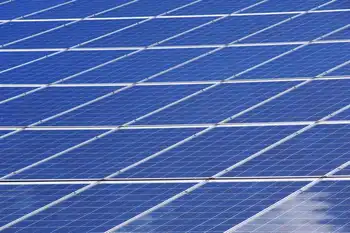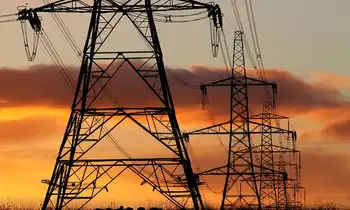Several striking Hydro employees forced to work
Nearly 3,000 electrical workers, truck drivers, transmission technicians, and clerical and customer service employees walked off the job October 2 after rejecting the utility's latest contract offer. They are seeking higher salaries and a shorter contract term.
The next day, a fire call on the Grand Rapids First Nation pulled a number of workers away from the strike.
Workers also responded to a call in Churchill, Man., after the hospital in that community lost power.
Manitoba Hydro management and the union have a provision in place to provide emergency services during the strike.
Picket lines will continue to encircle Manitoba Hydro Place in downtown Winnipeg on October 4, the second full day of the strike. October 5 is the first day of missed wages for members of the International Brotherhood of Electrical Workers.
Spirits and support for the strike remained high on the picket line, but some workers expressed hopes a resolution will be reached soon.
"We hope [it's] not too long," Gena Dondo said. "I don't know if we can go too long without getting paid for over a week."
Management for the Crown corporation said customers may experience disruptions or delays in services such as power restoration after weather-related outages, electrical inspections, and power connections to new subdivisions.
Manitoba Hydro also said management is working to maintain essential services.
Related News

Project examines potential for Europe's power grid to increase HVDC Technology
PARIS - A partnership of 14 leading European energy industry companies, research organizations and universities has launched a new project to identify opportunities to increase integration of HVDC technology into the European transmission system.
The HVDC-WISE project, in which the University of Strathclyde is the UK’s only academic partner, is supported by the European Union’s Horizon Europe programme.
The project’s goal is to develop a toolkit for grid developers to evaluate the grid’s performance under extreme conditions and to plan systems to realise the full range of potential benefits from deep integration of HVDC technology into the European transmission system.
…



